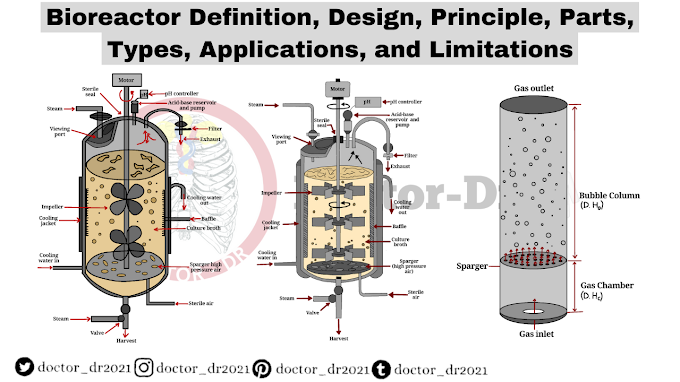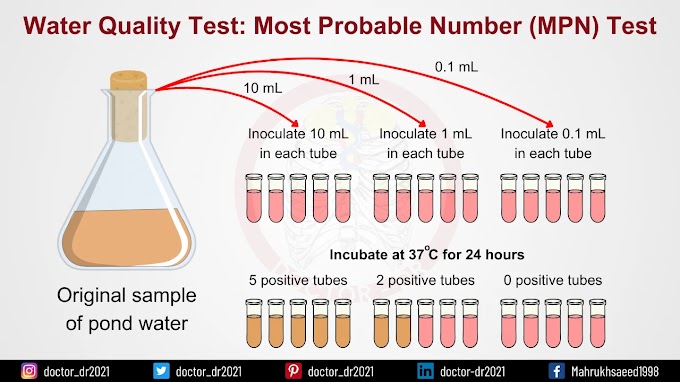Introduction:
In a groundbreaking procedure conducted in January 2022, physician-scientists from the University of Maryland School of Medicine (UMSOM) successfully transplanted a genetically-modified pig heart into a human patient, marking a significant milestone in medical science. However, the patient, 57-year-old David Bennett, Sr., experienced heart failure and passed away two months after the transplant. A new study, published in The Lancet, provides a comprehensive analysis of the factors that led to the heart failure and aims to improve the long-term success of future xenotransplants.
Understanding the Transplant:
David Bennett, Sr., who was in end-stage heart failure and ineligible for a traditional heart transplant, volunteered to undergo the experimental procedure under the U.S. Food and Drug Administration's expanded access provision. For nearly seven weeks post-surgery, the patient exhibited strong cardiac function without signs of acute rejection. However, sudden heart failure ultimately led to his death.
Factors Contributing to Heart Failure:
The research team conducted extensive studies on the available tissues from the patient to unravel the processes that led to the dysfunction of the transplanted pig heart. Several factors were identified:
1. Pre-existing Health Condition: Mr. Bennett's poor health condition prior to the transplant left him severely immunocompromised, limiting the effectiveness of the anti-rejection regimen used in preclinical studies. This vulnerability made the patient more susceptible to rejection by antibodies produced by his immune system.
2. Intravenous Immunoglobulin (IVIG): The administration of IVIG, a drug containing antibodies, to prevent infection may have contributed to damage to the heart muscle cells. This treatment likely triggered an anti-pig immune response, leading to heart dysfunction.
3. Porcine Cytomegalovirus (PCMV): The presence of a latent virus, PCMV, in the pig heart may have played a role in the transplant's dysfunction. The reduction of the patient's anti-viral treatment regimen to address other health issues potentially activated the virus, initiating an inflammatory response and causing cell damage.
Implications and Future Directions:
The study's findings offer valuable insights for improving the success of future xenotransplants. The researchers emphasized the importance of closely monitoring patients following the procedure, utilizing newly designed immune cell assays to detect the earliest signs of rejection. By implementing stricter control measures, the aim is to achieve better patient outcomes and ensure the viability of xenotransplantation as a life-saving innovation.
Conclusion:
The extensive analysis of the world's first successful pig-to-human heart transplant has shed light on the factors contributing to heart failure in the patient. This research opens avenues for enhancing the success rate of future xenotransplants and underscores the need for continued advancements in the field of cardiac xenotransplantation.








